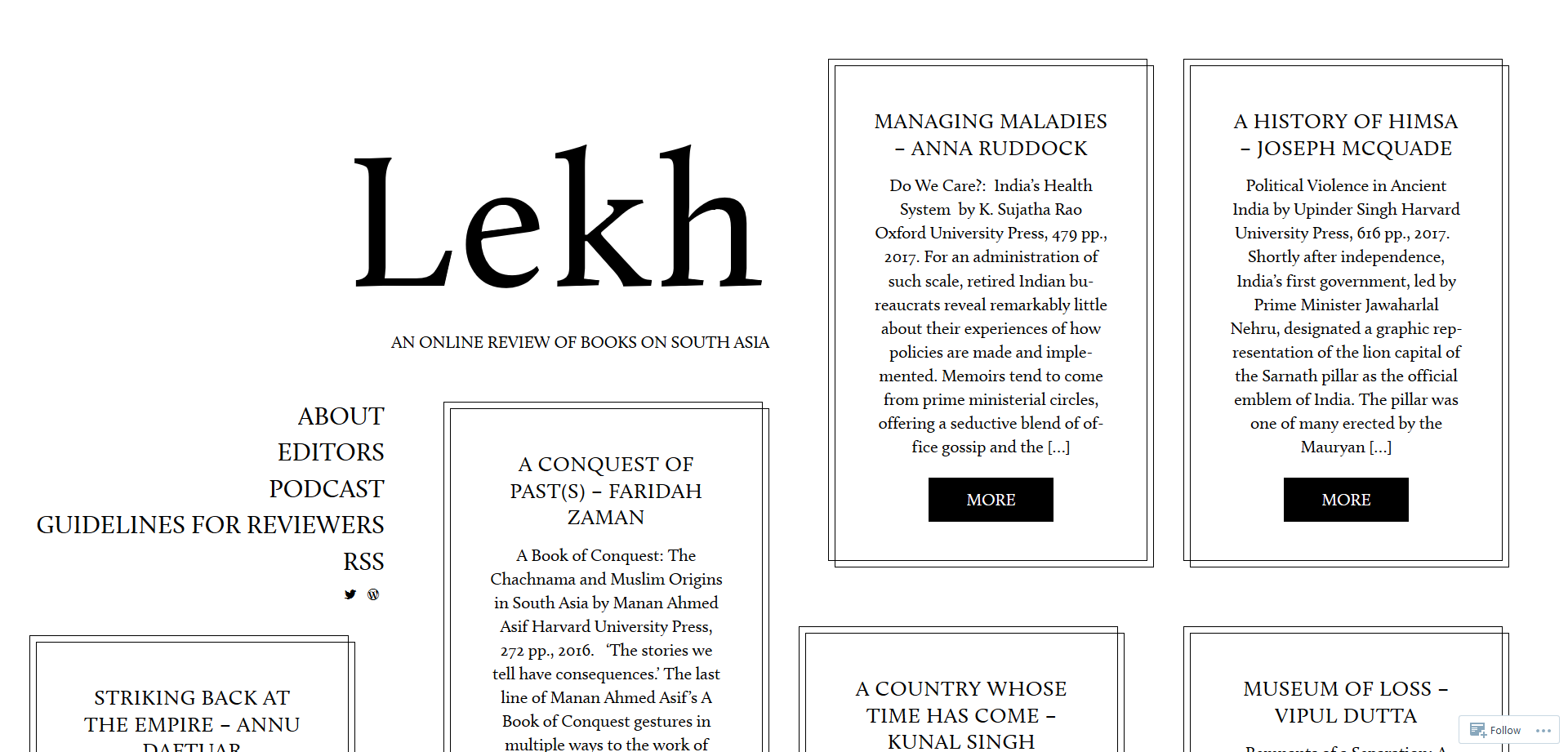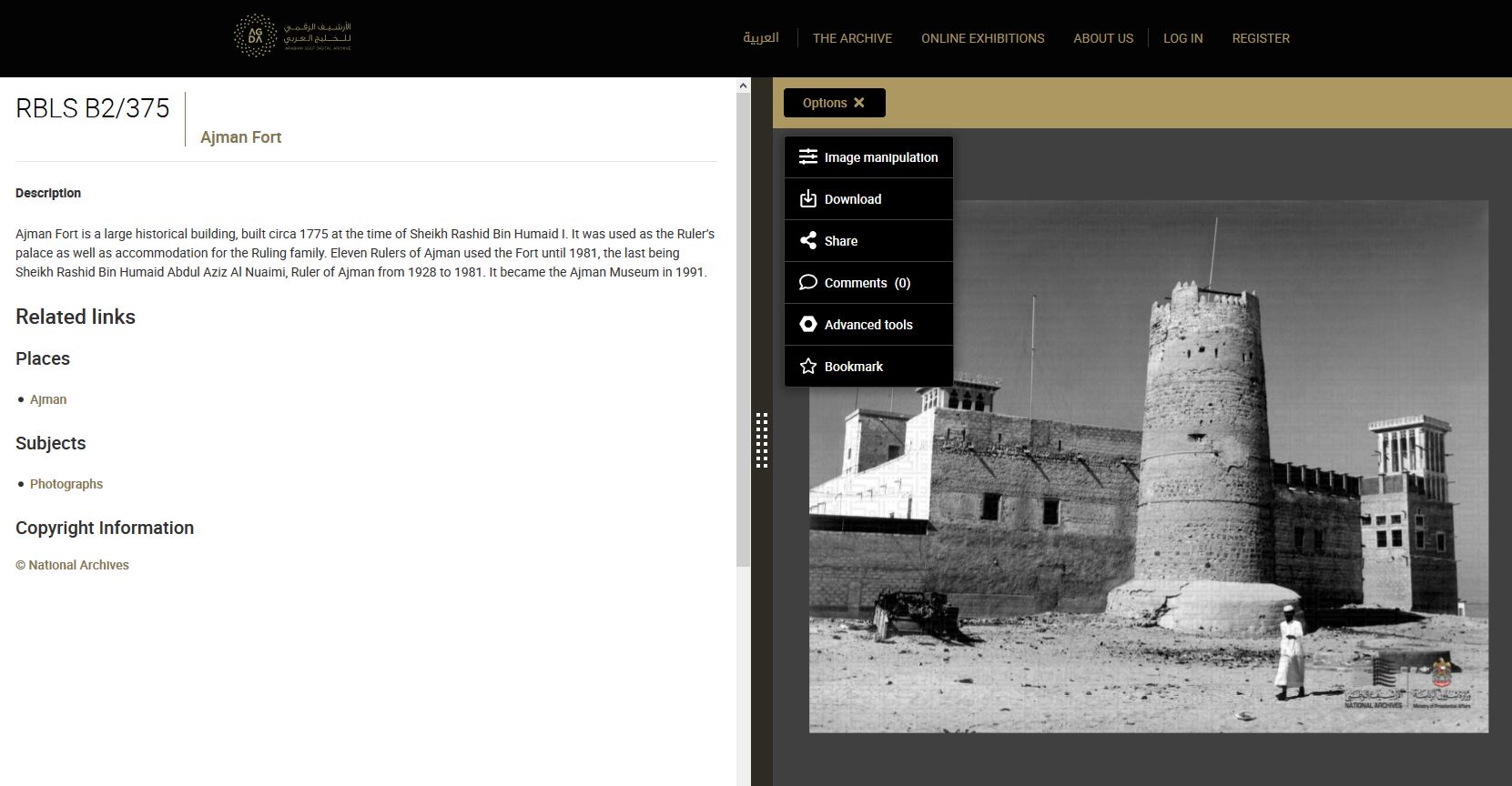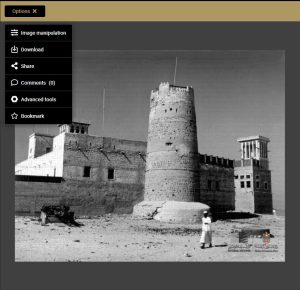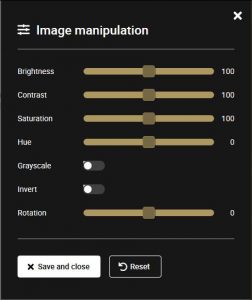Launched in 2017, Lekh is a blog publishing reviews of books focusing on contemporary South Asia co-edited by Karthik Nachiappan (PhD in South Asian Studies, King’s College London) and Hassan Javid (PhD in Sociology, London School of Economics & Political Science).
Editors felt the need for such a platform because of the “intellectual insularity” resulting from the dispersion of the scholarship on South Asia “across several fields and disciplines – history, law, political science, international relations, public policy, sociology, anthropology, and economics.” Lekh aimed at becoming a place where scholars and litterateurs working in the field of South Asian Studies could share scholarship and exchange with peers.
Unfortunately, Lekh published very few book reviews in two years, never started the announced podcast, and seems to be struggling to generate interest and engagement from other scholars. That said, published book reviews are lengthy, well written and documented by recognized South Asian Studies scholars. For this reason, this blog remains an valuable initiative deserving South Asian Studies’ specialists’ attention.
If you are interested in submitting book reviews, you can refer to the guidelines, and if you would like to be advised of Lekh‘s developments, you can follow them on twitter , subscribe to their RSS feed, or register to receive email notifications.







